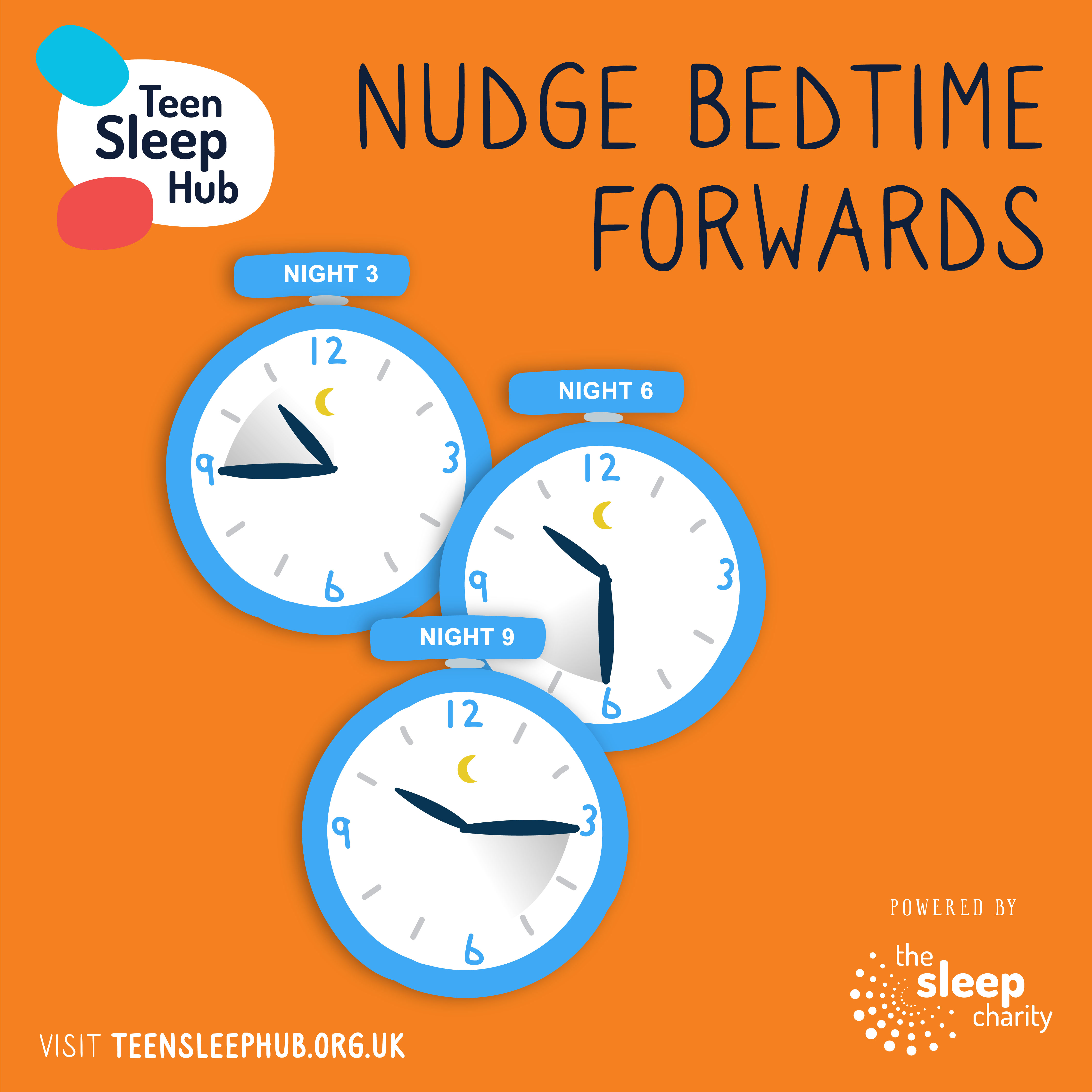It’s that time of year again – daylight saving time is about to rob us of a whole hour of precious sleep. Just when we were getting comfortable with our routines from the New Year, we’re forced to adjust our body clocks yet again. While losing an hour might not seem like a big deal, it can throw off your sleep, energy levels, and overall mood. But don’t worry, we’ve got your back! Here’s how to transition smoothly without feeling like a sleep-deprived zombie.
Why That Missing Hour Matters
You might think, ‘It’s just an hour, how bad can it be?’ But our bodies thrive on consistency, and even a small disruption to our sleep patterns can make waking up harder, leave us sluggish during the day, and even impact our focus and productivity. Research has even linked the time change to increased mistakes, irritability, and drowsiness – definitely not ideal when you have a packed schedule.
How to Prevent Sleep Disruptions
Luckily, there are ways to minimise the impact and keep your sleep schedule on track. Try these simple strategies to ease the transition:
Adjust Gradually – Instead of abruptly losing an hour, start shifting your bedtime and wake-up time by 10-15 minutes each day leading up to the change. This helps your body adjust more smoothly.
Limit Evening Screen Time – Scrolling through your phone while in bed has been proved to delay the onset of sleep. Which is not surprising considering the content we’re watching is designed to keep us engaged. Try reading, meditating, or listening to a podcast instead.
Get Morning Sunlight – Exposure to natural light first thing in the morning helps regulate your internal clock, making it easier to wake up and feel alert.
Stick to a Wind-Down Routine – A calming bedtime ritual can signal your body that it’s time to sleep. Whether it’s light stretching, journaling, or a warm cup of tea, find a routine that works for you.
Be Mindful of Caffeine – That afternoon pick-me-up might seem like a good idea, but caffeine can linger in your system for hours. Try to cut off caffeine intake by mid-afternoon to ensure a smoother bedtime.
While losing an hour of sleep is frustrating, a little preparation can make a big difference. With these simple adjustments, you’ll be able to transition smoothly and avoid that groggy, sluggish feeling. Plus, on the bright side, longer days mean more sunshine, more time for outdoor activities, and the promise of warmer weather ahead.
Embrace the change, and rest easy—literally!

